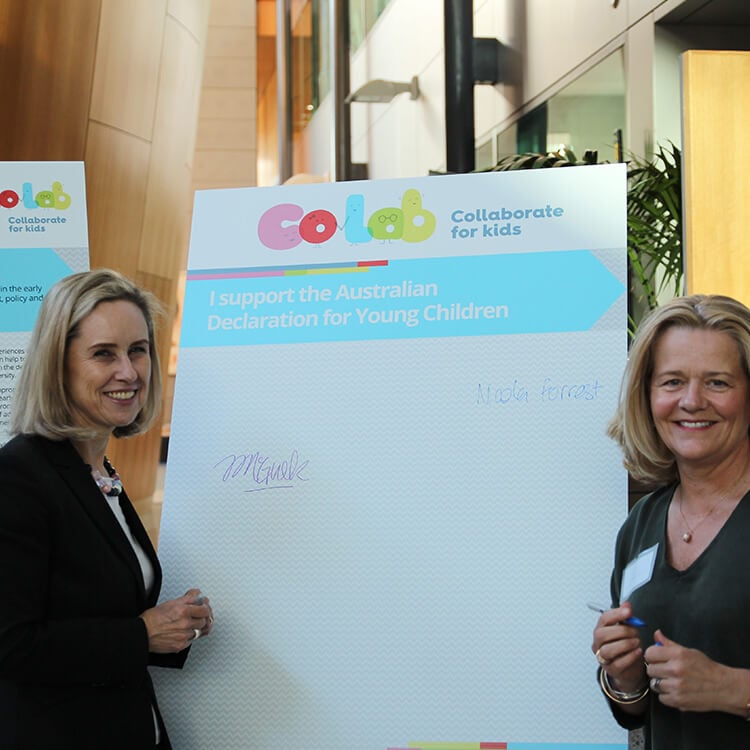Search
News & Events
A world first for Aussie kids putting Australia's children on the mapIn a world first, 96 per cent of communities in Australia now have vital information about their children's development
News & Events
How mums talk influences children’s perspective-taking abilityNew research shows that kids whose mums talk more frequently about others' thoughts tend to be better at taking another's perspective than other children.
News & Events
WA researchers awarded $9.7 million for ground-breaking child health studiesWA researchers awarded $9.7 million for ground-breaking child health studies
News & Events
New approach needed to tackle child abuse and neglectLeading child advocates have called for a new approach to tackling child abuse and neglect amid rising rates of abuse notifications
Research
Alcohol-Related Harm in Young People (Oct 2015+)This project aims to inform harm prevention and minimisation strategies by investigating outcomes and points for early intervention in young people with alcohol-related harm. Researchers will also compare outcomes between Aboriginal and non-Aboriginal youth.
Research
Social support helps protects against depressed mood in adolescenceThe goals of the current study were to identify different trajectories of sadness from Grade 6 to 9 in Australian school students, and to explore the role that social support from school, teachers, friends and families play in supporting students’ mental health.

News & Events
Early Years Partnership budget boost welcomedThe Kids Research Institute Australia has welcomed today’s announcement by the Cook Government and Minderoo Foundation of a $34.6 million boost for the Early Years Partnership to achieve better outcomes for children.

News & Events
Improving development and learning of children in Western AustraliaDiscover the EYI Research Profile at The Kids' Institute, showcasing innovative child health research and its impact on young lives.

News & Events
Australia-first Declaration highlights early childhood action requiredMore than 70 leading early childhood experts have come together with CoLab to develop the first-ever Australian Declaration (of evidence) for Early Childhood.

News & Events
Novel CoLab seeks to narrow the early childhood gapA new partnership between The Kids and the Minderoo Foundation is trying to change the ways Government and communities address disadvantage and neglect.
